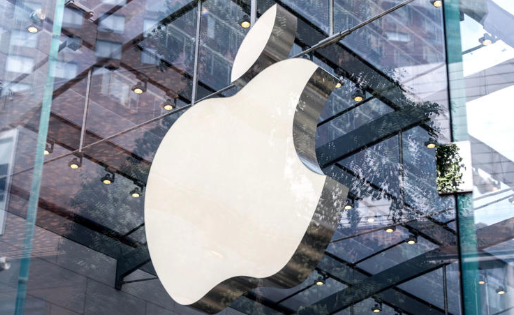Apple Loses Court Battle, Must Pay €13 Billion in Taxes
Apple has recently lost a legal battle with the European Union (EU). Because of this loss, Apple now has to pay 13 billion euros (about $14 billion) in back taxes to Ireland. This decision is part of the EU’s larger plan to stop unfair tax deals, often called “sweetheart deals,” that some countries make with big companies.
What Happened?
In 2016, Margrethe Vestager, who is the EU’s competition chief, accused Ireland of giving Apple illegal tax benefits. Vestager said that these benefits allowed Apple to pay less tax than it should, which unfairly affected how money moves between companies in the EU. At first, Apple and the Irish government disagreed with this accusation and won some points in their defense. However, later on, the European Court of Justice, which is the highest court in the EU for these matters, decided in favor of the EU. The court confirmed that Apple had taken advantage of loopholes in Ireland’s tax laws to reduce its tax payments unfairly.
The ‘Double Irish’ Scheme
Ireland became a popular place for big tech companies like Apple to set up their European headquarters because of its favorable tax laws. One of the main reasons was a tax strategy known as the ‘Double Irish’ scheme. Here’s how it worked:
First Irish Company: A large company like Apple would set up two separate companies in Ireland.
Tax-Free Revenue: The first Irish company would earn revenue (money from sales) but wouldn’t have to pay much tax on it.
Moving Money: This money would then be sent to the second Irish company, which was connected to a country with very low taxes, such as Bermuda.
Avoiding Taxes: By moving the money this way, Apple could avoid paying higher taxes in other EU countries where it made sales.
This scheme allowed Apple and similar companies to keep more of their profits by paying less in taxes. However, in 2014, Ireland closed these loopholes because other countries and organizations, including the EU, pressured them to make their tax laws fairer.
Apple’s Response
After the court ruled against it, Apple expressed disappointment. The company said that the European Commission (part of the EU that handles these issues) is trying to change tax rules after agreements have already been made, which Apple believes is unfair. Apple also insisted that it paid the correct amount of taxes in the United States, where it is based.
Use of Funds by Ireland
Ireland has not yet clearly stated how it will use the 13 billion euros it must pay Apple. However, it is expected that the money will go into a new special investment fund. This fund is designed to use the increasing tax money that Ireland is getting from companies. Here’s what might happen with the money:
Investment: The fund will invest the money to help grow Ireland’s economy.
Budget Surplus: Ireland might have more money than it spends, which is known as a budget surplus.
Public Spending and Tax Cuts: There could be more money for public services (like healthcare and education) and possibly some tax cuts for people before the next election.
Implications for Other Companies
This case against Apple has important lessons for other big companies. It showed that the EU is serious about making sure companies pay their fair share of taxes. Other companies, like Amazon and Starbucks, have also faced similar challenges from the EU over their tax arrangements. These cases have had different outcomes, and it’s not yet clear if those companies will also have to pay large back taxes like Apple. The EU is watching closely to ensure that all companies follow fair tax practices.
Month: Current Affairs - September, 2024
Category: International / World Current Affairs







